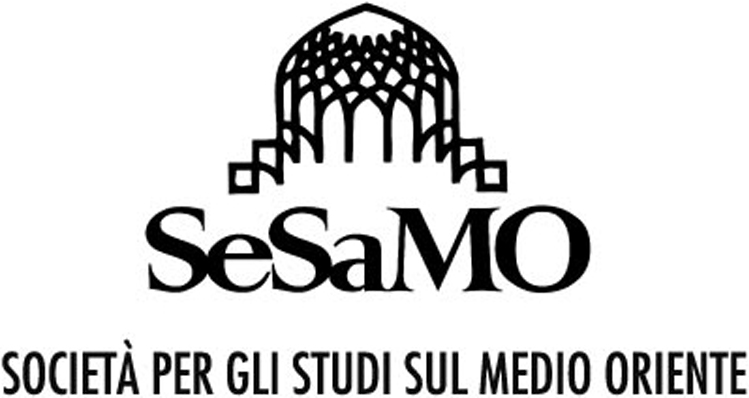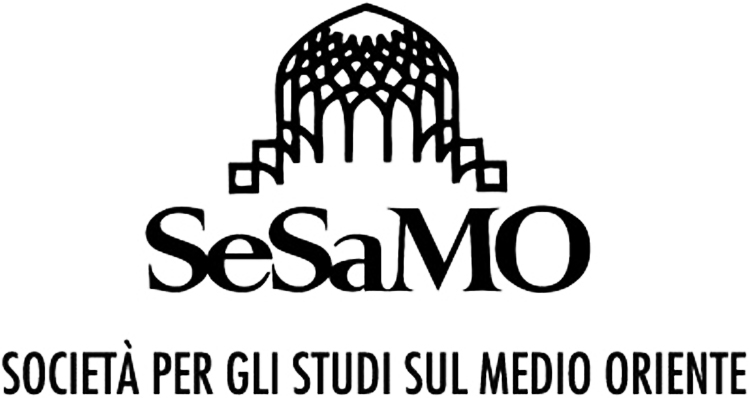

Spiegare la crisi oltre il caos:
il Medio Oriente e Nord Africa nelle dinamiche globali
Napoli, 22-24 giugno 2022
Dipartimento Asia, Africa e Mediterraneo, Università degli Studi di Napoli ‘L’Orientale’
[English below]
Il Medio Oriente e Nord Africa contemporaneo è spesso rappresentato dai media e dalla letteratura accademica come una regione in preda ad un caos sconcertante. L’idea di caos è associata ai prolungati e apparentemente irrisolvibili conflitti armati, ma anche ad un presunto stato permanente di anarchia, mancanza di uniformità, gravi squilibri e instabilità, che sembrano sfuggire a spiegazioni razionali e rendono la regione eccezionale rispetto ad altre aree del mondo.
In modo solo apparentemente paradossale, l’idea di caos va anche di pari passo con visioni astoriche ed essenzialiste di una regione immutabile. È idea diffusa, ad esempio, che i conflitti in Medio Oriente “trovino le loro origini in una storia millenaria” o siano il prodotto di “odi ancestrali”. Le attuali interpretazioni riecheggiano visioni del passato, ben riassumibili dal famoso adagio latino hic sunt leones.
Indiscutibili sono, ovviamente, le molteplici crisi che hanno segnato la storia contemporanea della regione e che sembrano essersi ulteriormente intensificate negli ultimi decenni. Il Medio Oriente e Nord Africa è spesso l’epicentro delle emergenze mondiali e cronicamente in guerra. È anche una delle regioni del mondo con i più alti tassi di disoccupazione, terra di crescenti disuguaglianze e di autoritarismi contestati, ma resilienti. Più di recente, sono emerse altre dimensioni di crisi, come la scarsità di cibo ed acqua, i disastri ambientali, ondate di migranti e rifugiati, la pandemia, e così via.
Tuttavia, con tutti i suoi problemi (o forse proprio per questo), la regione è lungi dall’essere immutabile e non percorre affatto un sentiero solitario. Al contrario, ieri come oggi, contribuisce con le sue specificità alle complesse vicende della storia mondiale, spesso anticipando dinamiche globali.
Il nostro assunto, come Società per gli Studi sul Medio Oriente (SeSaMO), è che le scienze sociali e umane possano fornire gli strumenti per spiegare efficacemente il Medio Oriente e Nord Africa nelle sue crisi complesse, conseguenti trasformazioni e connessioni globali, al di là di visioni astoriche ed essenzialiste di un caos inspiegabile.
Inoltre, le grandi trasformazioni della regione non possono essere comprese appieno senza prendere in considerazione il ruolo degli attori sociali e senza un pieno riconoscimento dei processi di cambiamento dal basso e del loro contributo creativo in termini di contestazione, negoziazione e conflitto.
Partendo da questi presupposti e sollecitando diversi approcci teorici e prospettive scientifico-disciplinari, il XV Convegno di SeSaMO intende riflettere sulle molteplici dimensioni di crisi del Medio Oriente e Nord Africa moderno e contemporaneo, sia che coinvolgano la collettività o l’individuo, sia nelle loro ripercussioni in tutte le sfere della vita, sul piano politico, sociale, economico, culturale o ambientale.
Explaining crisis beyond Chaos:
the Middle East and North Africa in Global Change
Naples, 22-24 June 2022
Department of Asian, African and Mediterranean Studies, University of Naples ‘L’Orientale’
The contemporary Middle East and North Africa is often portrayed by the media and by academic literature as a region of disconcerting chaos. The idea of chaos is associated with the region’s prolonged and seemingly unsolvable violent conflicts, but also with an assumed permanent state of anarchy, lack of uniformity, traumatic imbalances and instability, which apparently escape rational explanations and render the region exceptional in comparison to other areas of the world. Also, and somehow paradoxically, the idea of chaos fits well with a-historical and essentialist visions of the region’s immutability. It is a widespread notion, for instance, that conflicts in the Middle East ‘date back millennia’ or are the product of ‘ancient hatreds’. Current interpretations echo visions of the past, which can be well summarised by the notorious Latin adage hic sunt leones.
Unquestionable are, of course, the multiple and interrelated crises that marked the region’s modern history and that have seemingly further escalated in the last decades. The Middle East and North Africa is arguably the epicentre of world emergencies and chronically war-prone. It is also one of the world regions with the highest unemployment rates, a land of growing inequalities and contested, but resilient authoritarianism. More recently, yet other dimensions of crisis have come to the fore, such as food and water scarcity, environmental disasters, migration and refugees’ waves, pandemic and so forth.
However, with all its troubles (or for this very reason), the region is far from being immutable and does not follow a solitary path. On the contrary, yesterday as today, it contributes with its specificities to the twists and turns of world history, often as a forerunner of global dynamics.
Our assumption, as the Society for Middle Eastern Studies (SeSaMO), is that social sciences and humanities can provide the tools to effectively explain the Middle East and North Africa in its complex crises, ensuing transformations and global connections, beyond a-historical and essentialist visions of inexplicable and inherent chaos. Moreover, the macro transformations of the region could not be fully appreciated without considering the role of social actors and without a full acknowledgement of the rich and often understudied bottom-up processes of change and popular creative contributions in terms of contention, negotiation and conflict.
Starting from these arguments and urging different theoretical approaches and scientific-disciplinary perspectives, the XV Conference of SeSaMO intends to reflect on the several dimensions and interrelations of the crises of the modern and contemporary Middle East and North Africa, involving both collective and individual aspects, as well as all spheres of life, be they political, social, economic, cultural or environmental.
